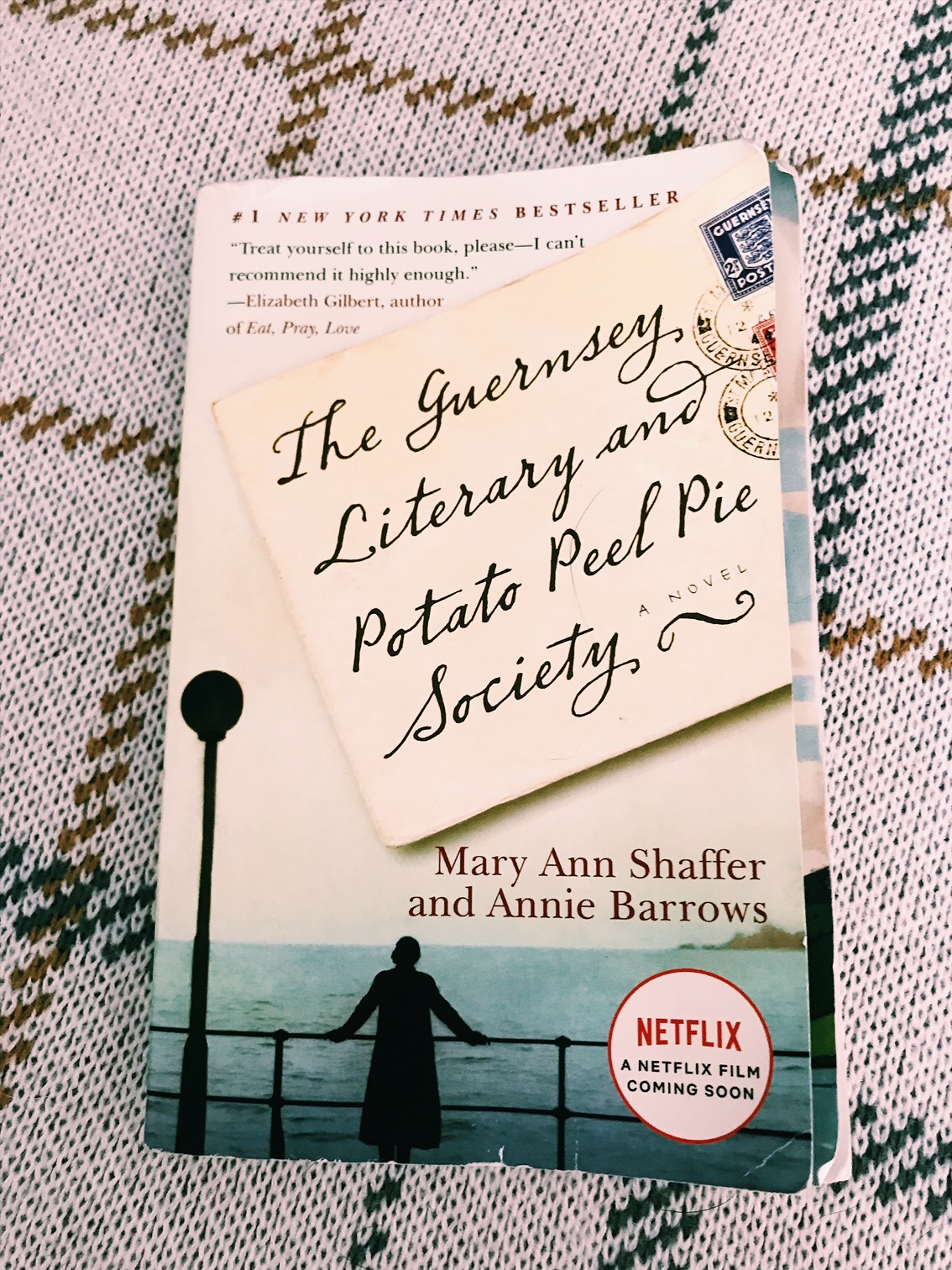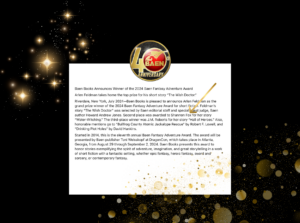The Guernsey Literary and Potato Peel Pie Society by Mary Ann Shaffer and Annie Barrows
January 1946: London is emerging from the shadow of the Second World War, and writer Juliet Ashton is looking for her next book subject. Who could imagine that she would find it in a letter from a man she’s never met, a native of the island of Guernsey, who has come across her name written inside a book by Charles Lamb…
As Juliet and her new correspondent exchange letters, Juliet is drawn into the world of this man and his friends—and what a wonderfully eccentric world it is. The Guernsey Literary and Potato Peel Pie Society—born as a spur-of-the-moment alibi when its members were discovered breaking curfew by the Germans occupying their island—boasts a charming, funny, deeply human cast of characters, from pig farmers to phrenologists, literature lovers all.
Juliet begins a remarkable correspondence with the society’s members, learning about their island, their taste in books, and the impact the recent German occupation has had on their lives. Captivated by their stories, she sets sail for Guernsey, and what she finds will change her forever.
Written with warmth and humor as a series of letters, this novel is a celebration of the written word in all its guises and of finding connection in the most surprising ways.

I’ve almost bought this book so many times because I thought the premise sounded good, but I always stopped when I saw it was a WWII book. I almost bought it again when I saw the trailer for the Netflix movie. But I didn’t pull the trigger until my book club decided to read it this fall.
To me this is a funny book because I’m honestly surprised I liked it as much as I did. It has elements I normally don’t really like in books, but somehow in this instance it worked for me.
I didn’t care for the main character though I liked the actions she took and her behavior. But I loved all of the Guernsey inhabitants and some of the other characters she writes to like Sidney.
To me, this book is a good bookclub read because it contains a multitude of things that could appeal to a group. The style and subject matter are unique. It’s easy to read. And the large cast of characters means that there are a lot of subplots going on that you can follow.
This letter (epistolary) format made it easy to keep turning the pages and the book is not too long. And for the most part, it is pretty lighthearted. Certainly the most lighthearted WWII book I think I’ve ever read.
But it did have its moments of levity. This book did a good job educating the reader about an overlooked piece of history. I had no idea that any of the British Isles were ever occupied during WWII. And I didn’t know much about Guernsey in general, but even with the letter style, I feel like I could really picture the island and its people. Now I want to go visit (of course). I should plan a Europe trip to visit the various book settings I’ve read about. Maybe someday…
The experience of this book is honestly like sitting down for a cup of tea with a couple of good friends to exchange news and stories. The time passes quickly, you leave happy and warm, but you can’t quite remember the main thrust of the conversation or everything you talked about. But you leave thoroughly satisfied just the same.



